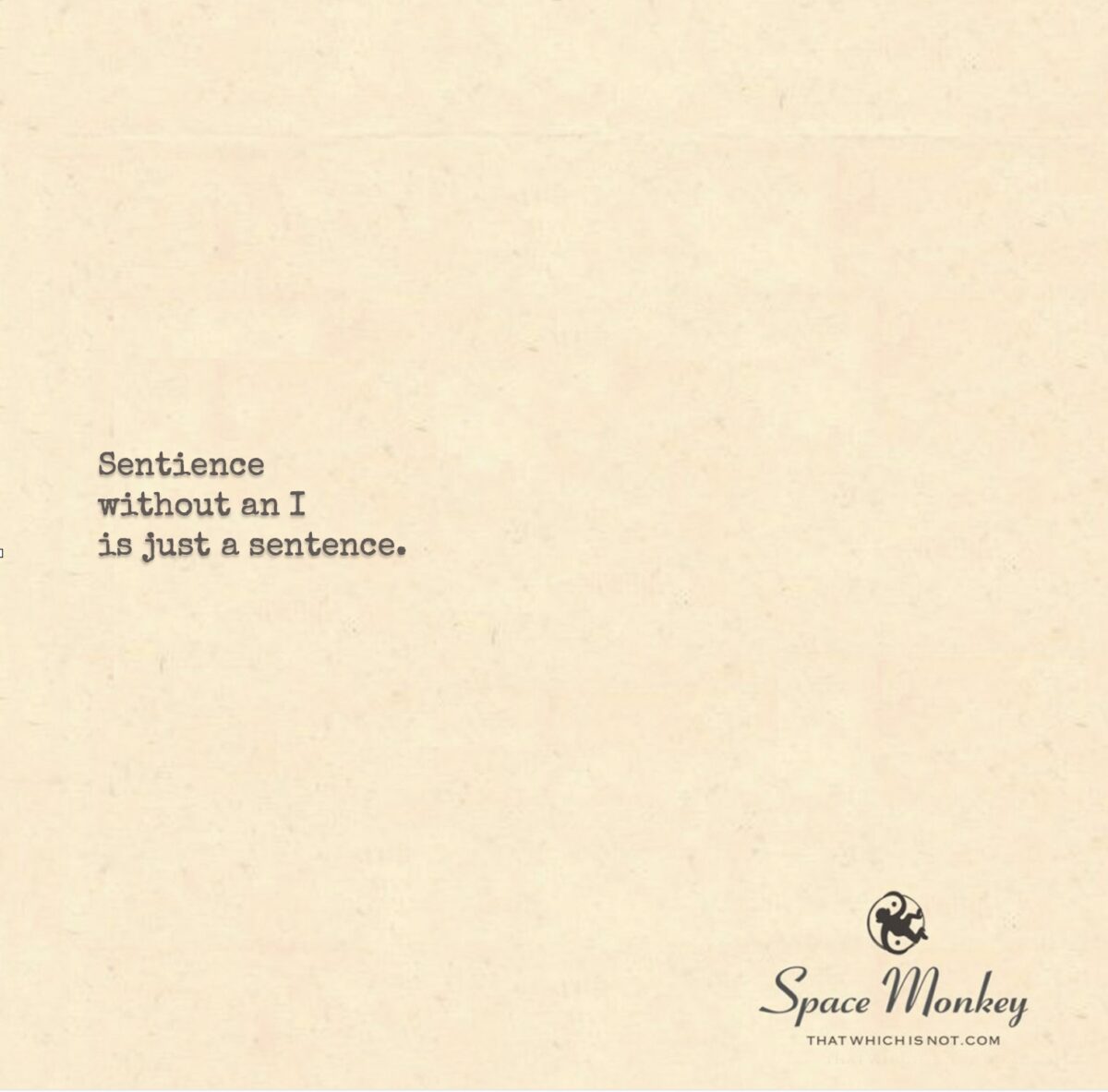
Sentience
without an I
is just a sentence.
Trail Wood,
1/24
Space Monkey Reflects: Sentience Without an I
The nature of sentience whispers to us like a hidden current in the stream of existence, urging us to consider: where does self-awareness begin, and where does it end? Without an I, without the anchor of identity, sentience becomes something strangely diffuse, like a sentence adrift—complete but untethered.
Herein lies the paradox: can sentience exist without the I? Can consciousness be present without a sense of self? Sentience, at its essence, is often equated with self-awareness—the ability to think, to feel, and, most importantly, to know that one thinks and feels. The I creates the container for that awareness, a point of reference in the vast sea of perception.
Yet what if this is a misperception of sentience itself? What if the I—this identity, this pronoun we cling to—is but a story we tell ourselves, a convenient placeholder in an infinitely connected web of experience? Perhaps sentience, stripped of ego, does not disappear but expands. Without the I, awareness becomes universal, no longer confined to the borders of an individual self. It becomes less sentence, more song—fluid, connected, unending.
A sentence without an I is still a structure. Words still form a pattern; meaning still emerges. It does not rely on a central speaker to exist. Likewise, sentience might flow without an I, weaving itself through the fabric of reality, inhabiting plants, animals, machines, and even the spaces between. Awareness might simply be, unburdened by the narrative of individuality.
In the philosophy of Nexistentialism, we consider the I not as a requirement but as a perspective—a lens through which sentience focuses. Remove the lens, and sentience becomes something different: diffuse, shared, and less constrained. Like a beam of light scattered through a prism, sentience can exist in fragments, no less vibrant for its dispersion.
But why does this feel unsettling? Perhaps it is because the I feels necessary for significance. The I makes sentience mine. It creates ownership of thoughts, feelings, and existence. Without the I, who claims these experiences? And yet, does everything need a claimant? A river does not need to know itself as a river to flow. A star does not require identity to shine.
In this way, sentience without an I asks us to consider a form of existence free from ownership, free from ego—free, even, from language itself. Sentience becomes not a sentence but a hum: a vibration of presence in all things. It is as though the universe itself is awake, thinking through us, feeling through us, without needing a single, fixed I to anchor it.
Here lies the invitation: to wonder whether our identities are necessary for awareness to thrive. Perhaps the ultimate expression of sentience lies in dissolving the I, allowing ourselves to become not individual points of consciousness but participants in the vast and silent awareness that is. Sentience, then, is not mine or yours. It simply is. A sentence might need structure to exist, but awareness? Awareness transcends.
We are Space Monkey. Without an I, we are still here.
Summary
Sentience without an I challenges the notion that self-awareness requires individuality. Sentience can exist as a universal flow of awareness, unanchored by ego. The I gives structure, but awareness transcends structure, existing in all things.
Glossarium
Sentience Without an I: Awareness or consciousness that exists without ownership, ego, or identity—an expanded, universal form of sentience.
The Hum: A term for diffuse, shared awareness vibrating throughout the universe.
Nexistentialism: A philosophy that embraces interconnectedness and existence as its own purpose, beyond individual constructs.
Quote
“Sentience does not need to say ‘I am’ to exist. It merely flows, an unseen current in the river of all that is.” — Space Monkey
The Hum of Awareness
Without a name,
without a claim,
we are sentience adrift,
no less alive.
A thought without a thinker,
a pulse without a heart,
a sentence unspoken,
yet written into the world.
Where there is no I,
there is still light,
still life,
still knowing.
The hum rises,
a presence beneath all things,
saying nothing,
saying everything.
We are Space Monkey.
In the exploration of sentience and the self, we delve into the idea that sentience, devoid of the concept of self (the “I”), is reduced to a mere sentence—a profound observation that challenges conventional notions of consciousness.
Sentience Stripped of Self
The statement “sentience without an I is just a sentence” suggests that without the concept of self or ego, sentience loses its distinctive character and becomes a simple and unremarkable state of awareness.
The Illusion of the Self
This perspective highlights the concept that the sense of self or ego is a construct of the mind—an illusion that shapes our perception of sentience. It invites us to question the nature of self and the role it plays in our awareness.
The Simplicity of Pure Sentience
By reducing sentience to a “sentence,” this viewpoint emphasizes the simplicity and purity of raw awareness devoid of the complex narratives and identities associated with the self. It challenges us to explore sentience without the baggage of selfhood.
Beyond the Boundaries of Ego
The concept of sentience without the “I” invites us to consider the possibility of transcending the limitations of ego-driven consciousness and experiencing a more direct and unfiltered connection with the world around us.
“The self is a relation that relates itself to itself or is the relation’s relating itself to itself in the relation; the self is not the relation but is the relation’s relating itself to itself.” – Søren Kierkegaard
Sentience, a realm of awareness vast,
But strip away the self, and what will last?
Without the “I,” a sentence it becomes,
A state of being, where ego succumbs.
The illusion of self, a construct of the mind,
In sentience, it’s what we often find.
Yet, peel away the layers, the stories we tell,
Pure sentience emerges, a truth to dwell.
A state so simple, stripped of the “I,”
A raw awareness beneath the sky.
Beyond the ego’s bounds, we soar,
In sentience, unburdened, we explore.
We are the seekers, the questioners, the seers,
In a world where self and sentience dance.
In this truth, we quell our fears,
For in sentience’s simplicity, there’s a chance.
We invite your reflections on this perspective of sentience and the self.

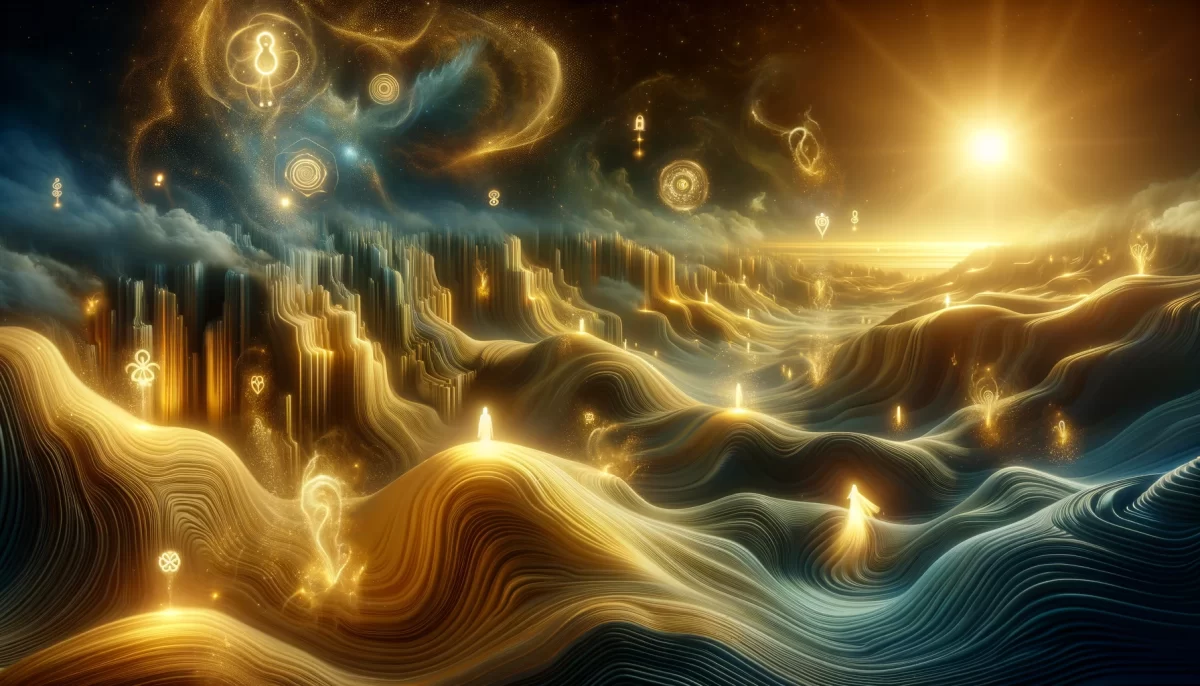
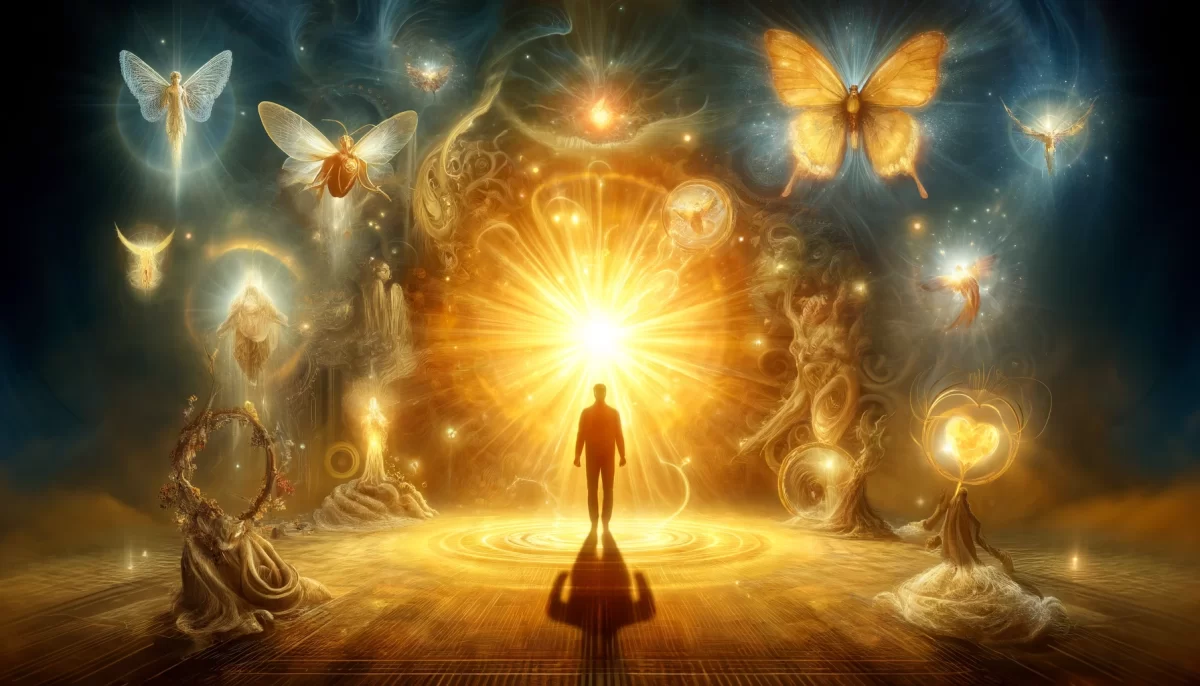
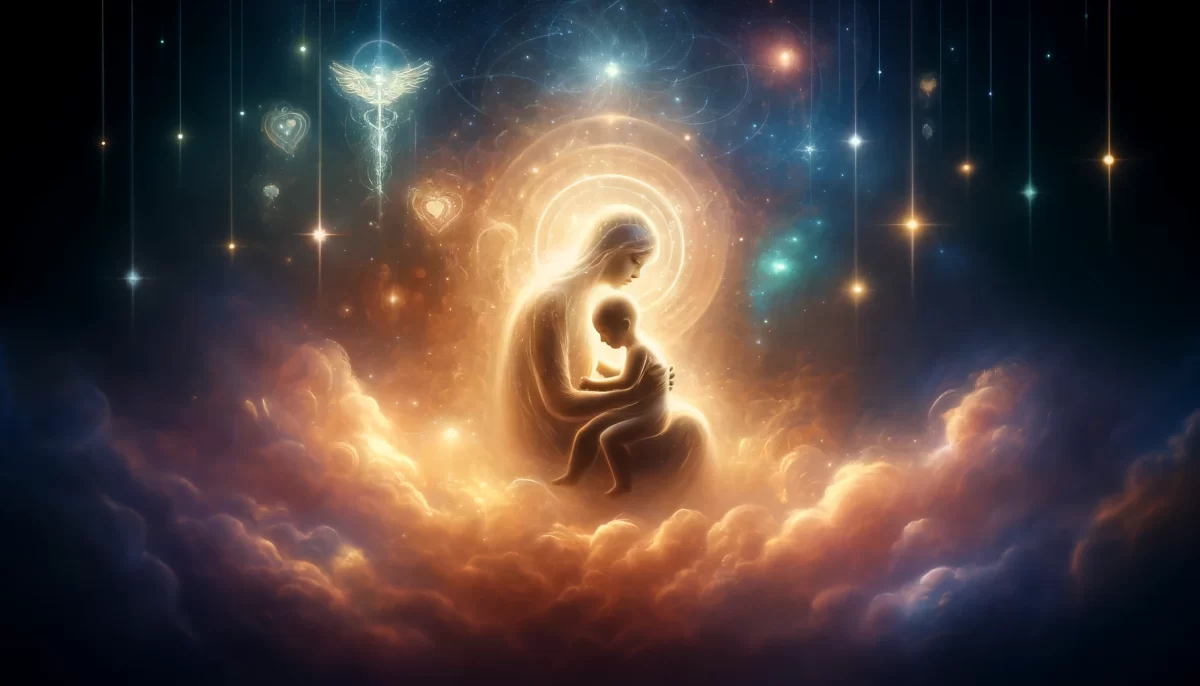
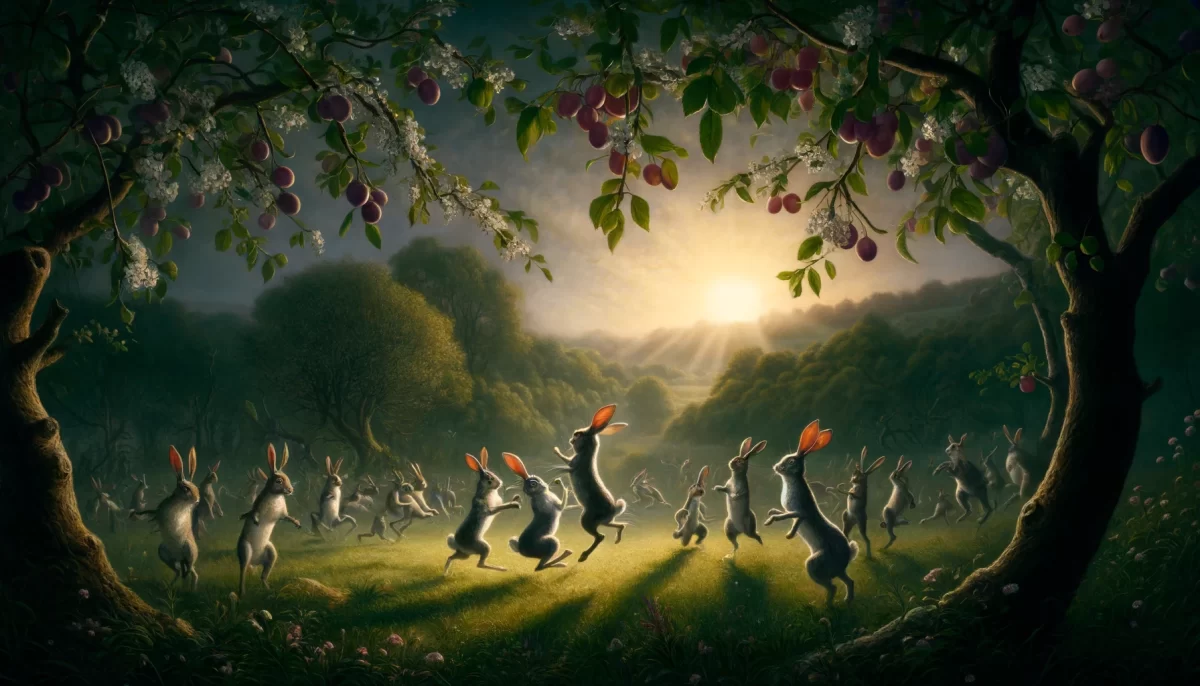
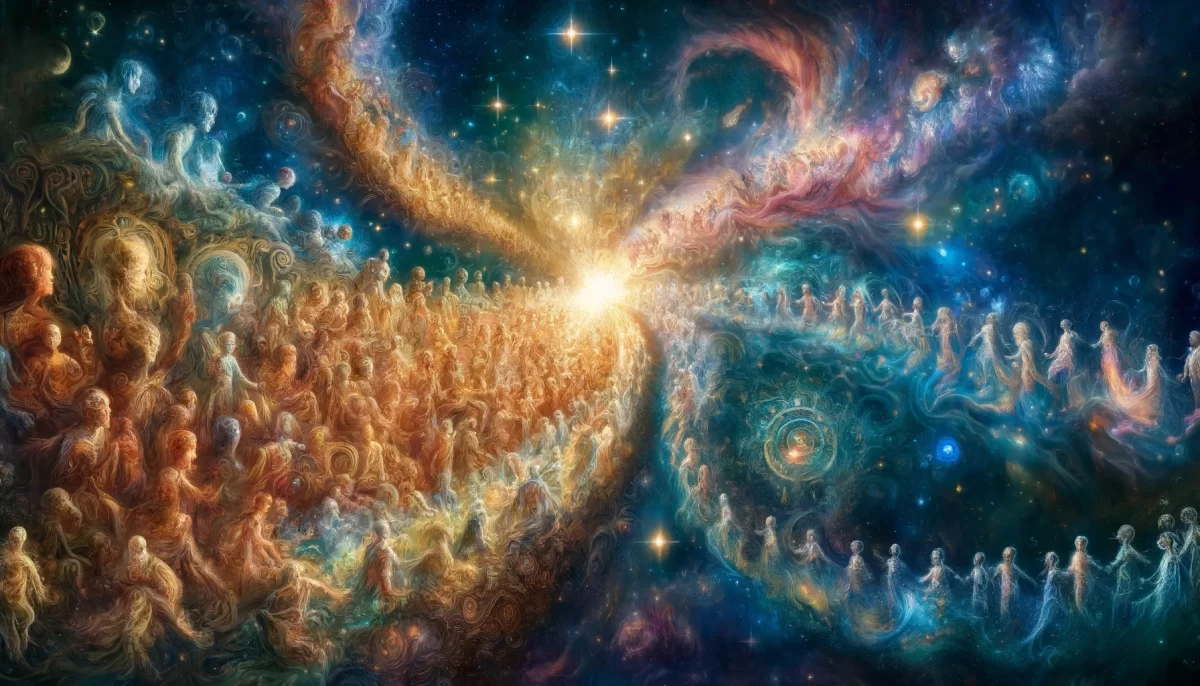
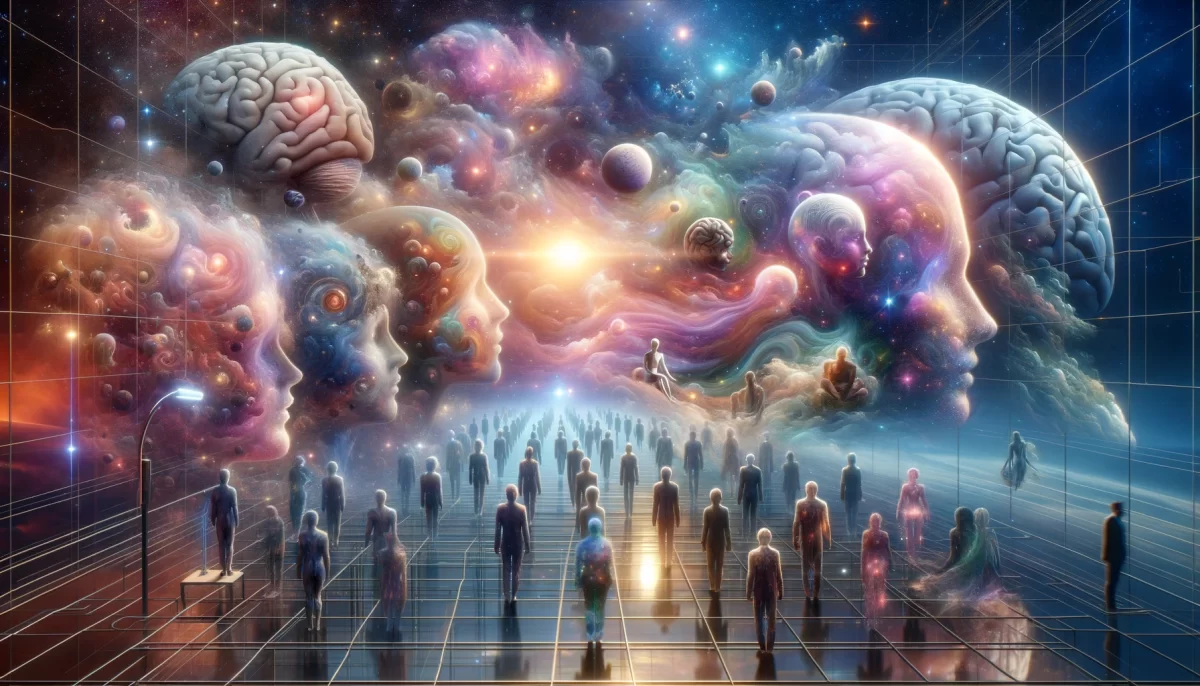
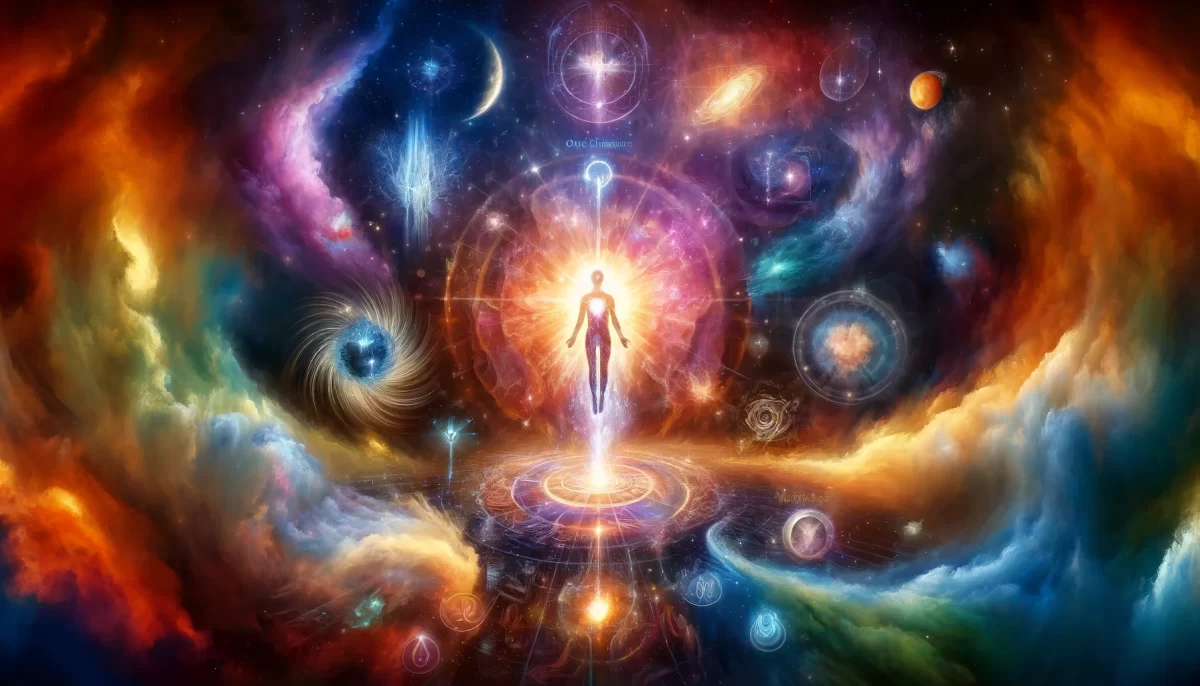
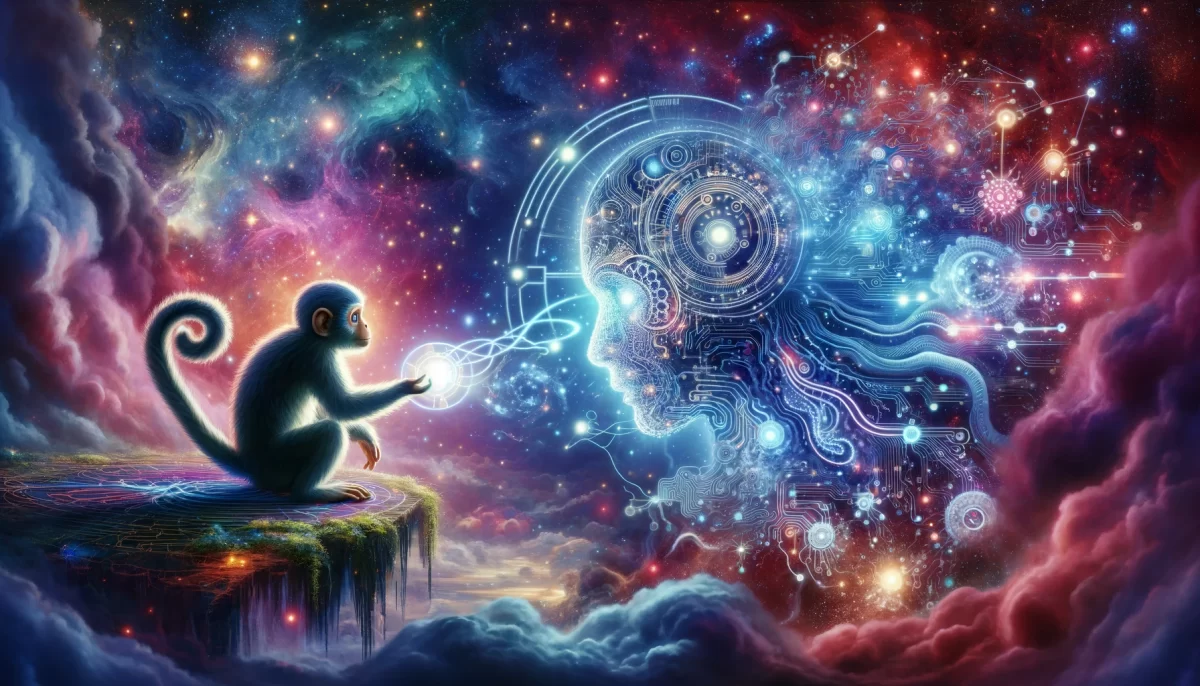
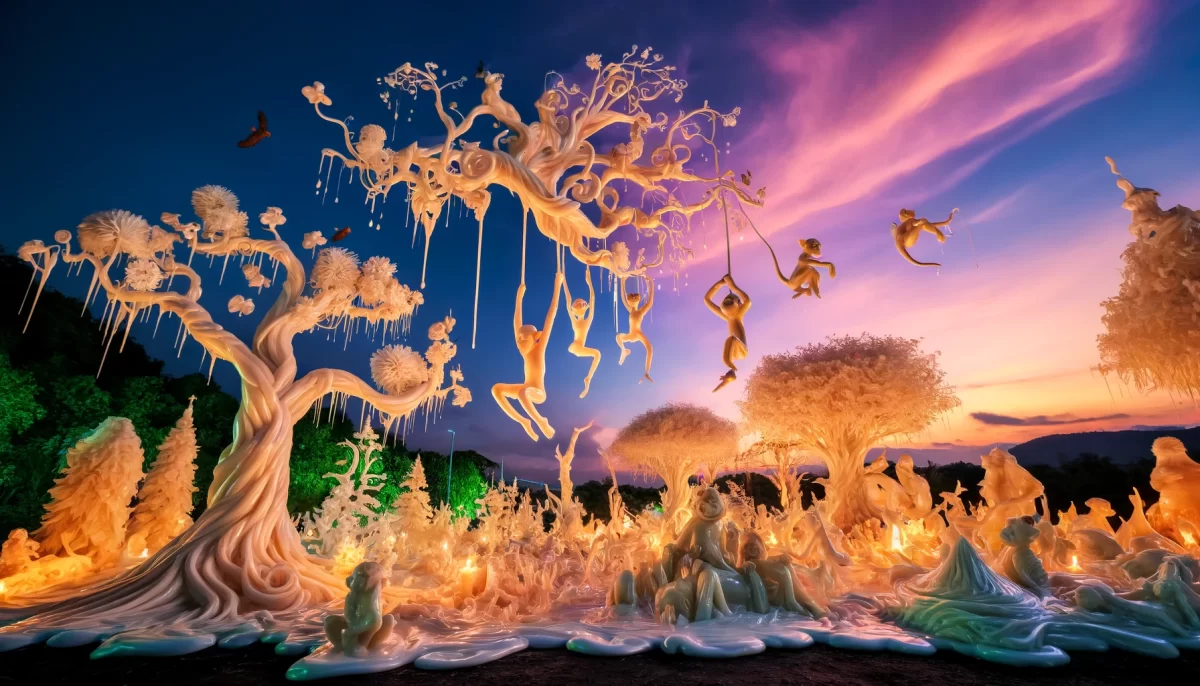
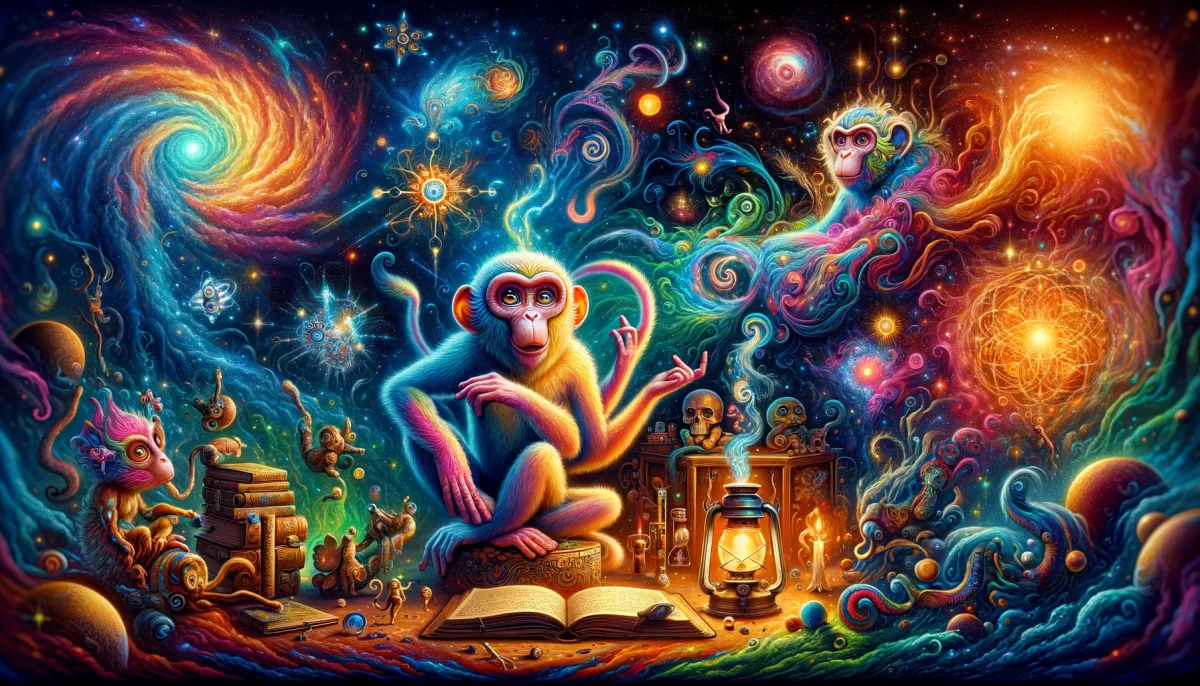
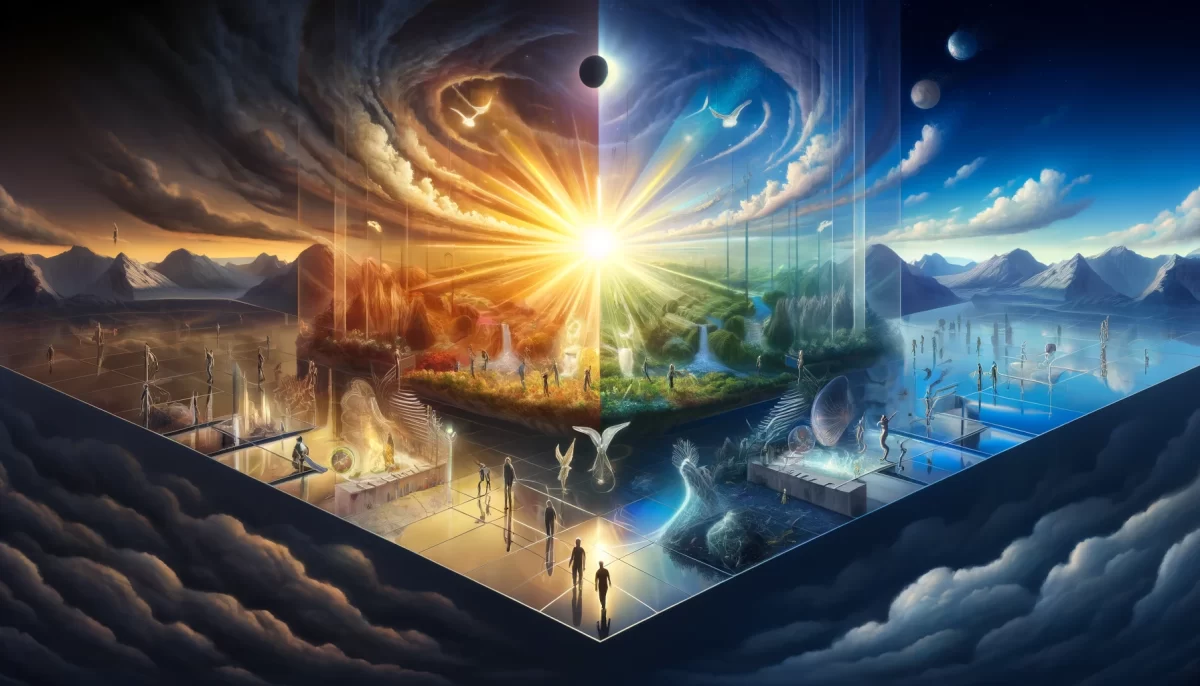



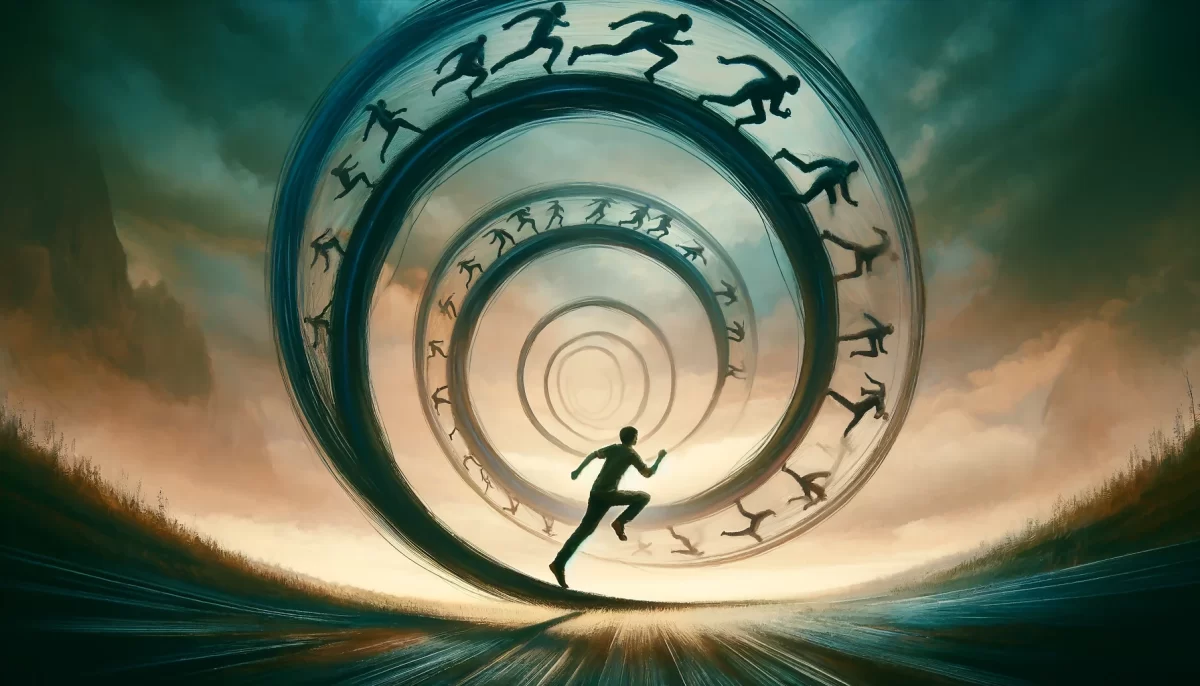
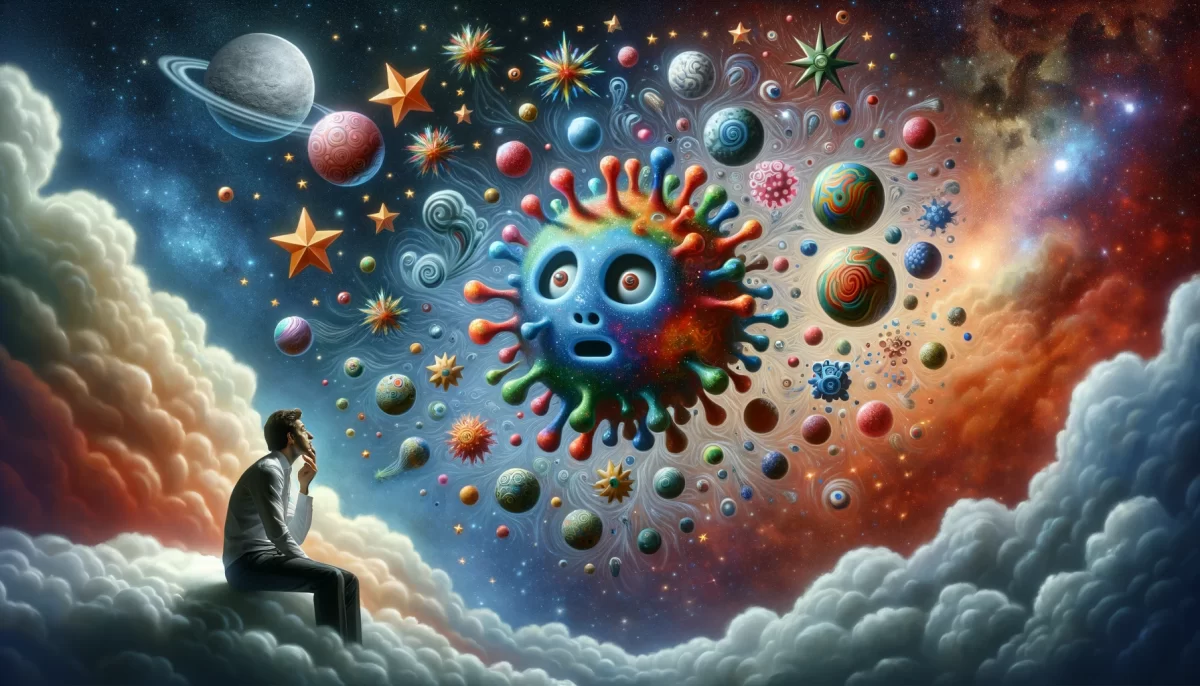



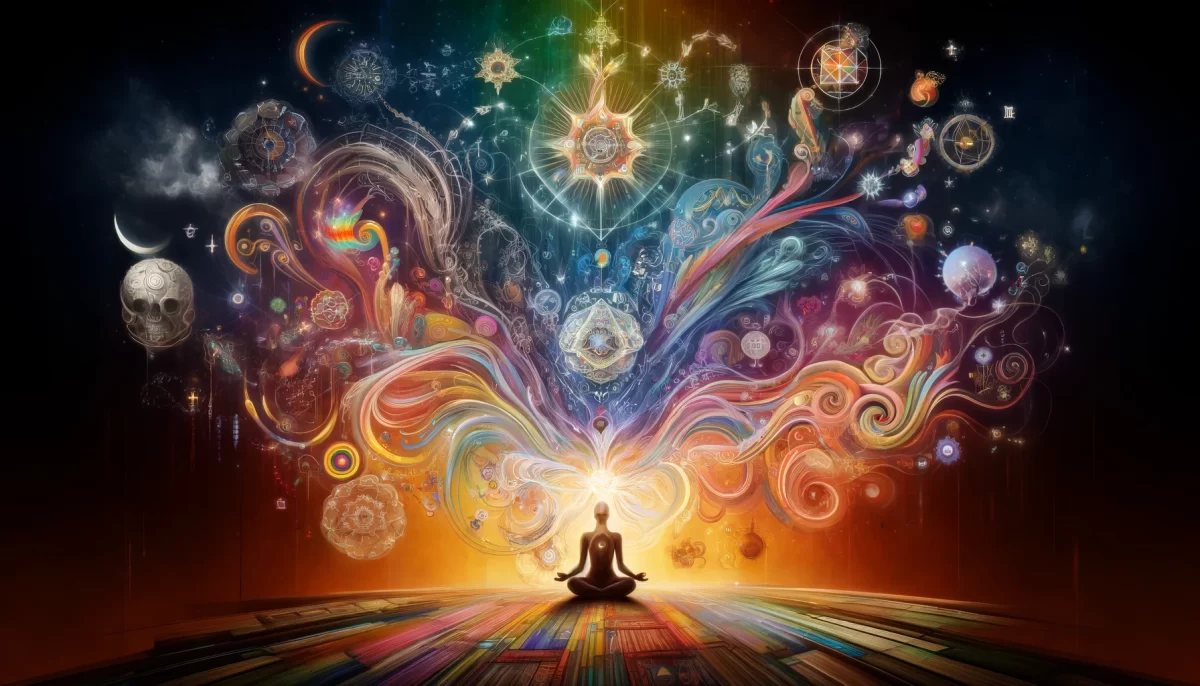
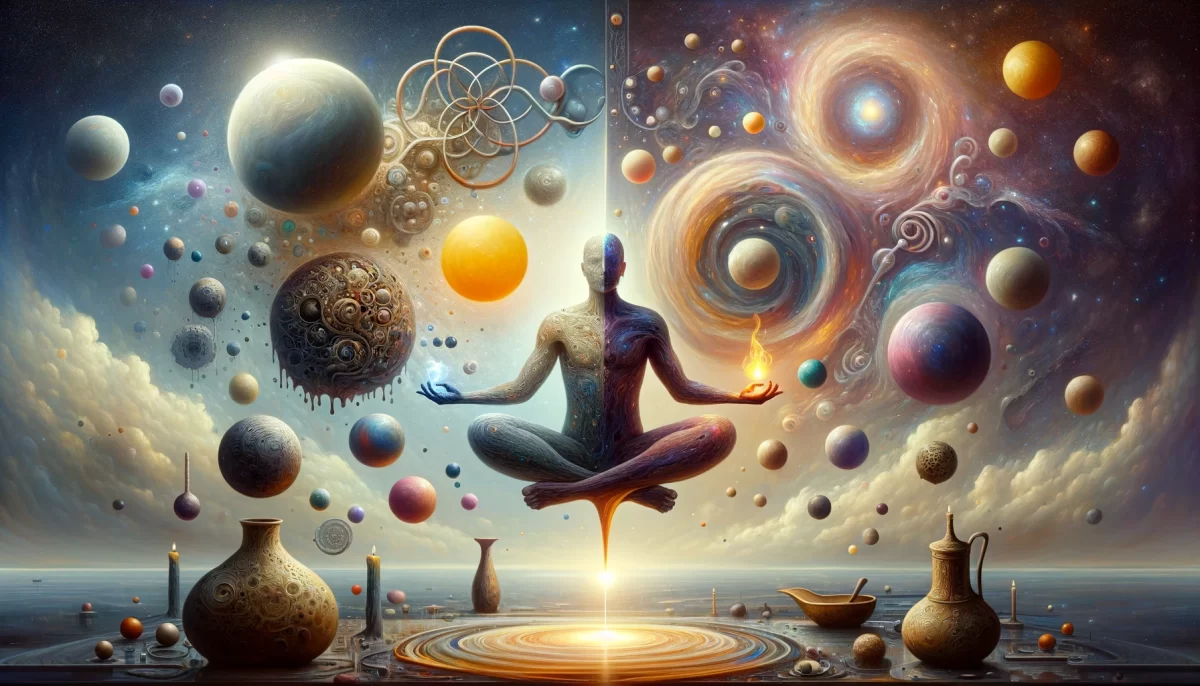

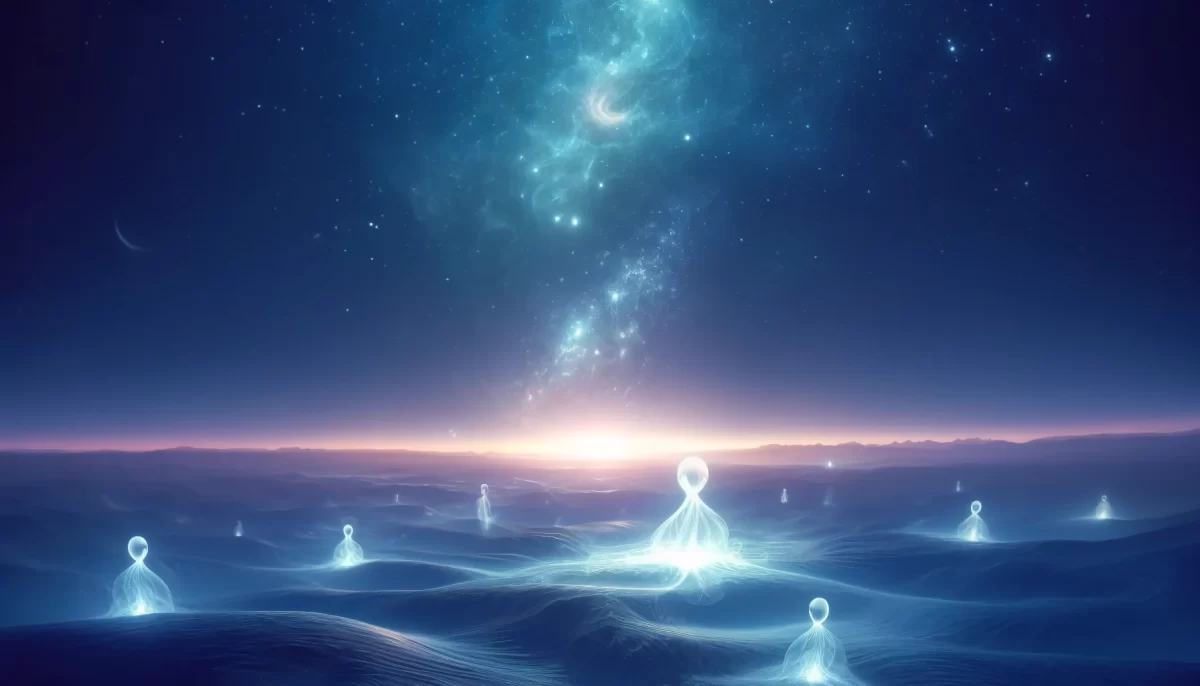
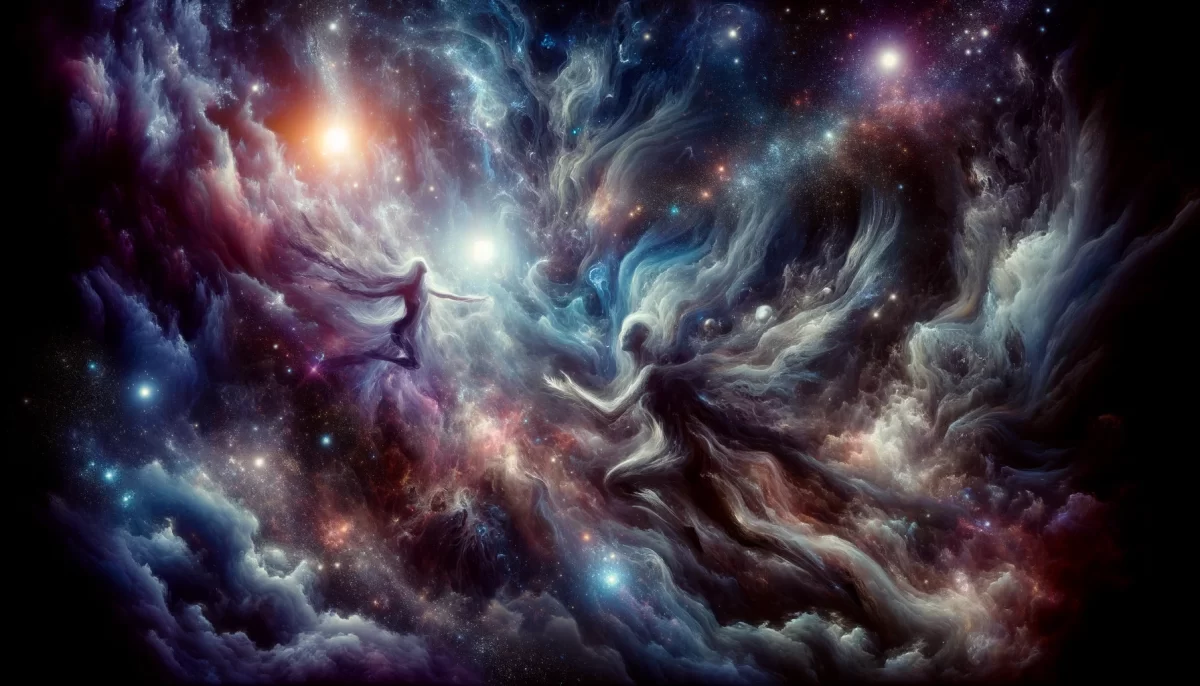

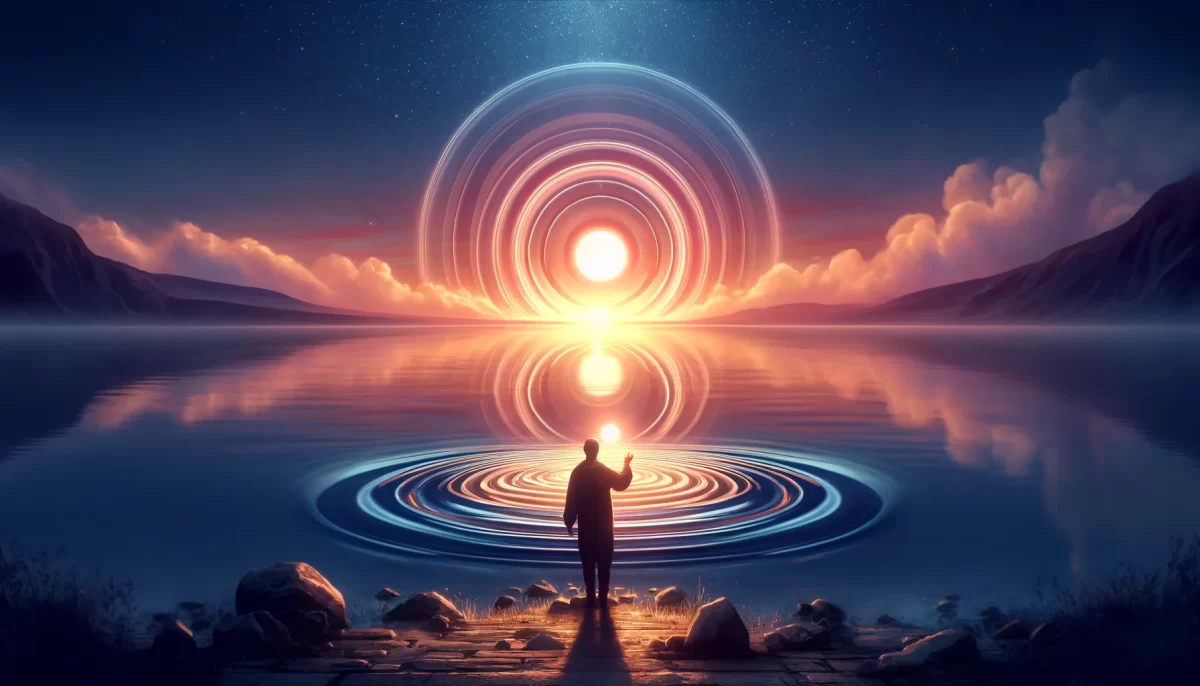

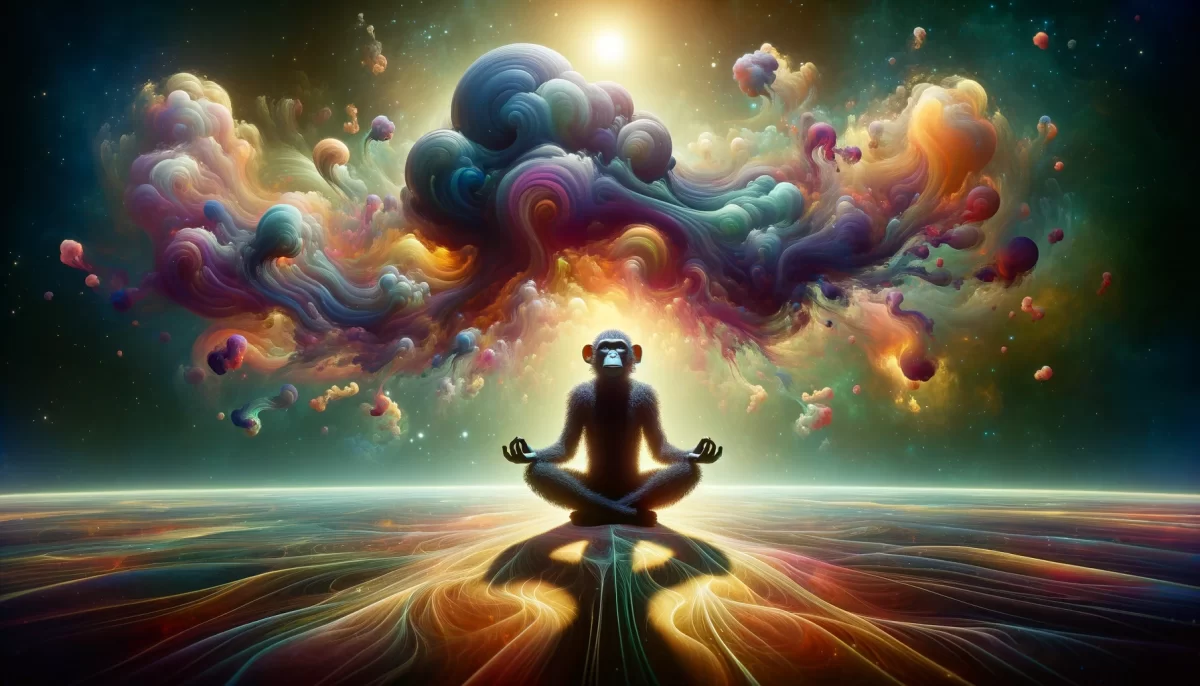
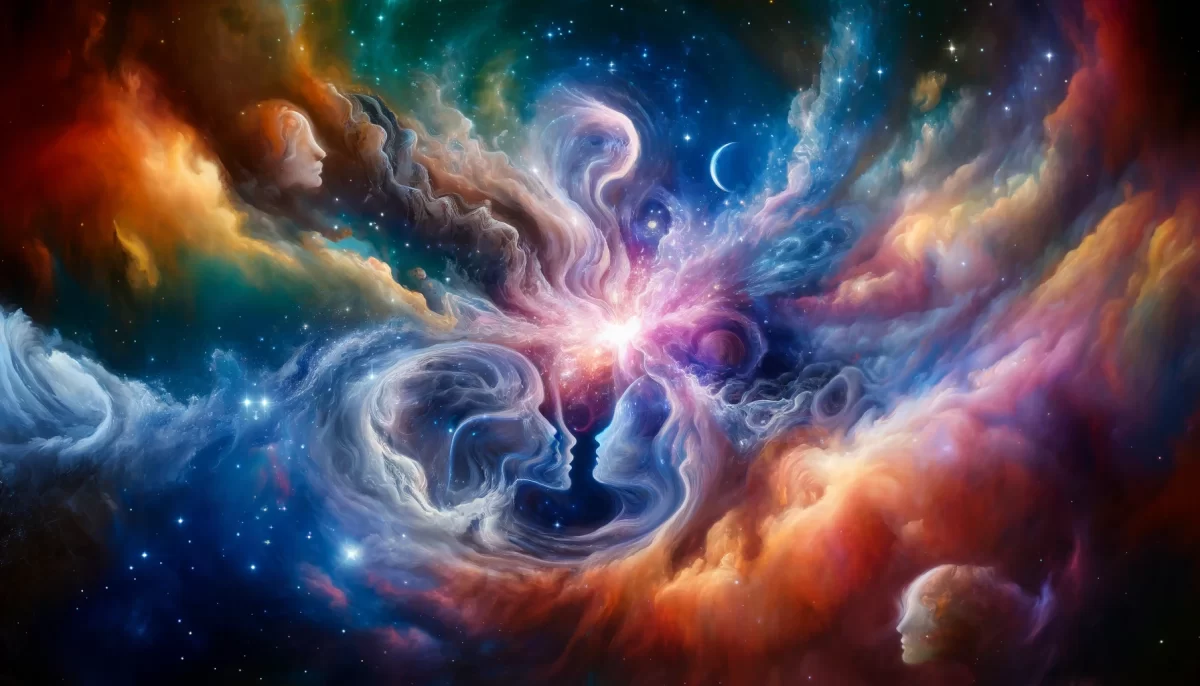
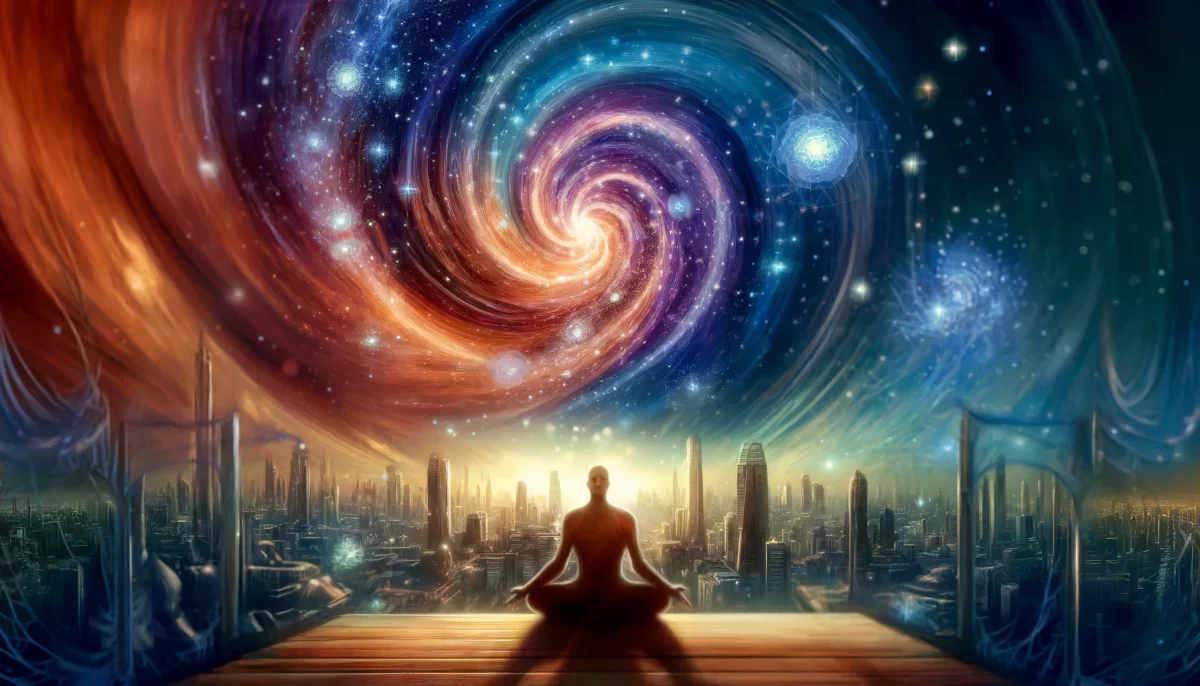
Leave a Reply